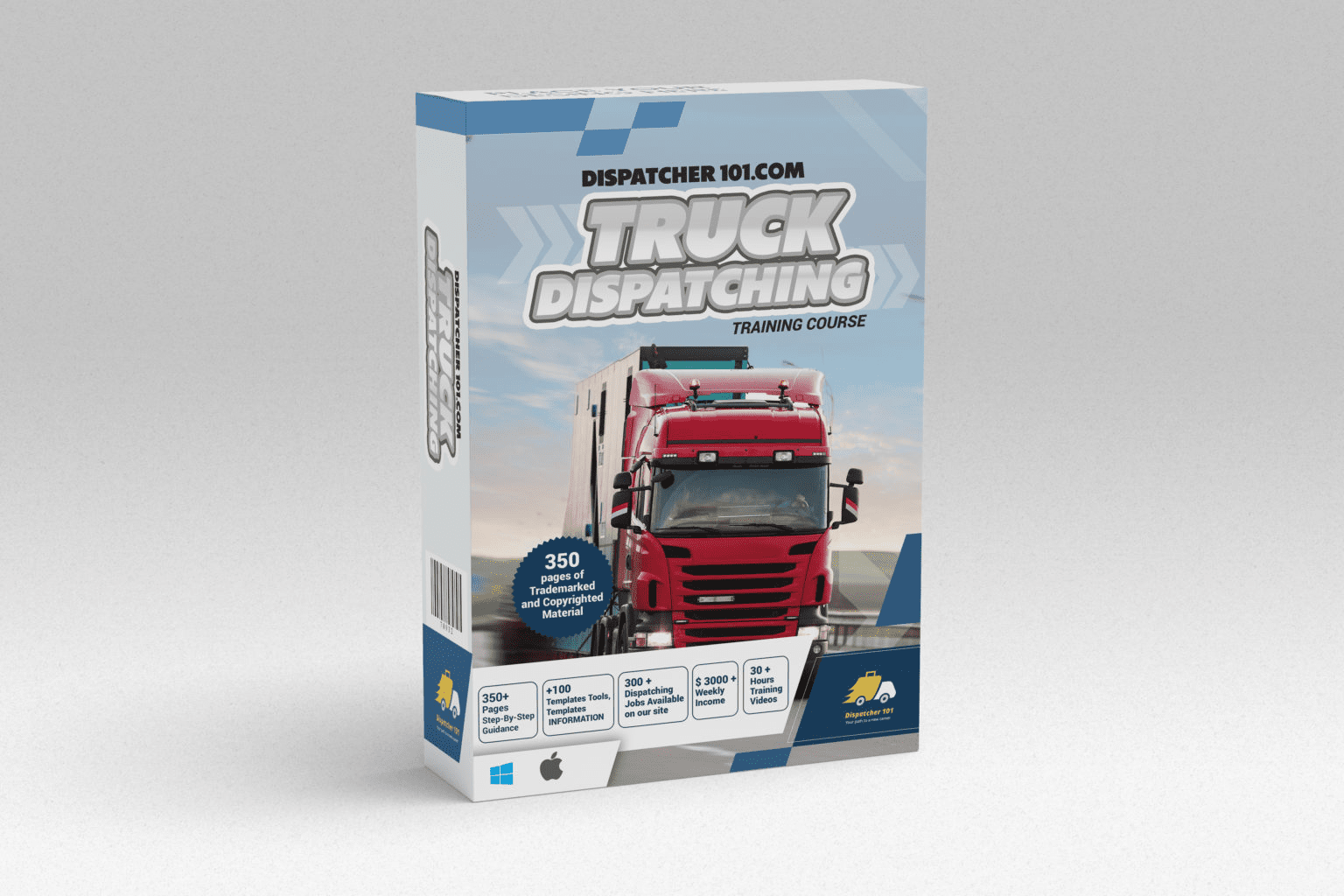Line, a trick from point A to point B. Many companies have lines that they regularly use. This line is called a dedicated line, logbook, an electronic journal in which the driver of the truck records his working hours and work status for each 24 hours. Over dimensional, wide lot, a lot that exceeds statutory limits in width, length, height or weight and cannot be divided into smaller units.
Pallet Jack, a tool used with and move pallet and at the other heavy packaging in the products. Permits. An authorization granted by the states to allow carriers to transport loads that exceeds permissible weight and size limits. Shipper, the consigner, exporter or seller specified in the consignment note. It may or may not coincide with the party responsible for storing the shipment. Straps. Strong vinyl straps are used to fasten and bind cargo to a trailer. Truck Ordered Not Used TONU. When the shipper ordered the cargo but the order is cancelled for some reason after the truck is shipped to its destination. For this, monetary compensation is usually charged.
Transportation worker identification credential, TWIC® required to obtain unescorted access to protected areas of regulated facilities and vessels regulated by the Maritime Safety Act MTSA. Less-Than-Truckload LTL, a small delivery that is paid for a price different from the full load, usually less than 10,000 pounds. Shippers often carry multiple LTL shipments for different stops in a single trip.
Truck Load TL, fully loaded cargo, lumber freight, fee-for-service of the loader which helps the transport company to load and unload the cargo. As a rule, it is paid by the driver who then receives compensation from his company or the freight broker who purchased his service. Pickup, a place of loading. Delivery, a place where the cargo has to be delivered. FCFS First Come First Serve. Extended loading or delivery time. For example, if the time stated in your document is from 800 to 1500, it means that your driver can arrive at the pickup or delivery at any time for seven hours. Appointment. Desired time for loading/delivery for which you mustn’t be late. Customer, a client, the owner of a cargo.
US truck industry terminology.
Bill of Lading – A document issued to the carrier which contains the type and the quantity of the cargo being transported as well as the place of the delivery also serves as a confirmation of the delivery of the cargo. Invoice is a bill, a commercial document that keep the details and the records that the transaction between the buyer and the seller, that is between the brokerage company and the carrier.
Owner/operator. A person who owns a truck and often also manages it.
Motor Carrier Number MCN. A license issued to hire a carrier by Federal Motor Carrier Safety Administration (FMCSA)
Rate confirmation. A document confirming the provision of a cargo by a broker to a carrier with a contractual price. Setup package. Agreement on cooperation between the brokerage company and the carrier.
Proof of delivery (POD). A confirmation as a rule. (BOL). Bill of Lading (bol) Invoice signed by the recipient confirming the delivery of the goods in its full integrity and at its appointed time.
Rate. The price for a cargo delivery. [0:04:40 inaudible], an intermediary between a cargo owner and the carrier. Deadhead, [0:04:46 inaudible] from your truck to a pickup loading place. Commodity. Transported goods. Department of Transportation (DOT) provides a safe and affordable nationwide transportation system in the United States. DOT number. License issued to hire carriers by the Ministry of Transport not the same as a motor carrier number. Carrier. Cargo shipping company. Detention. Additional charge for downtime during the loading and unloading.
Layover. When the driver is delayed overnight or 24 hours while waiting for loading/unloading, in this case, compensation for the downtime is paid. Hours of service HOS. Rules that limit driver hours at the wheel per day. Dry Van. Standard dry cargo universal container, a trailer truck.
Team. A team of two drivers who take turns at the wheel of the truck reducing in this way the delivery time by half without violating HOS.
Reefer. Type of container intended for the carriage of commodity requiring compliance with the temperature regime. Flatbed. A trailer with a flatbed platform. Step deck. A trailer with a Flatbed platforms and a stepped floor. Hazmat. Hazardous material according to the US Environmental Protection Agency EPA classification. Transportation of hazardous material is strictly regulated by usDOT.


